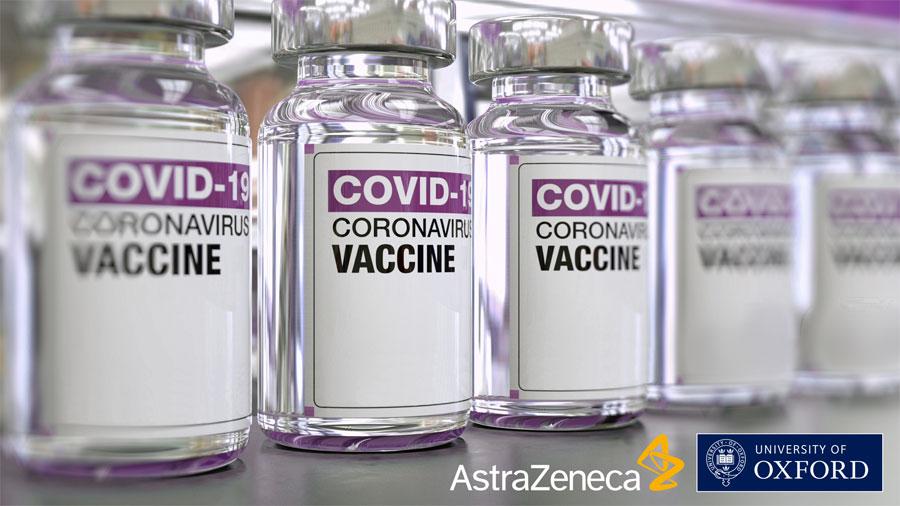Some countries have suspended use of the Oxford-AstraZeneca jab after reports of blood clots in vaccinated people. The safety committee of the European Medicines Agency (EMA), PRAC, is reviewing all cases related to blood clots, reported post-vaccination.
Breaking News: Experts in Norway say it is the vaccine of AstraZeneca that has caused the blood clots.
Denmark, Norway and Iceland have decided to put all vaccination with Astra Zeneca's vaccine on hold until any side effects have been investigated further. Countries such as Austria, Estonia, Latvia, Lithuania, Luxembourg and Italy have decided not to use vaccines from a specific batch.
The European Medicines Agency (EMA) has made a statement where they say:
There is currently no indication that vaccination has caused these conditions, which are not listed as side effects with this vaccine. The position of EMA’s safety committee PRAC is that the vaccine’s benefits continue to outweigh its risks and the vaccine can continue to be administered while investigation of cases of thromboembolic events is ongoing. PRAC is already reviewing all cases of thromboembolic events, and other conditions related to blood clots, reported post-vaccination with COVID-19 Vaccine AstraZeneca.
Update - 18 March 2021
According to the experts, who have examined the three hospitalized health workers in Norway whom have suffered blood clots after getting the Astra-Zeneca jab, say it is the vaccine that has caused the blood clots. One of the health workers has dieded.
EMA's preliminary review
Later on the same day the EMA’s safety committee, PRAC communicated in their preliminary review:
- the benefits of the vaccine in combating the still widespread threat of COVID-19 (which itself results in clotting problems and may be fatal) continue to outweigh the risk of side effects;
- the vaccine is not associated with an increase in the overall risk of blood clots (thromboembolic events) in those who receive it;
- there is no evidence of a problem related to specific batches of the vaccine or to particular manufacturing sites;
- however, the vaccine may be associated with very rare cases of blood clots associated with thrombocytopenia, i.e. low levels of blood platelets (elements in the blood that help it to clot) with or without bleeding, including rare cases of clots in the vessels draining blood from the brain (CVST).
EMA also communicated:
The PRAC will undertake additional review of these risks, including looking at the risks with other types of COVID-19 vaccines (although no signal has been identified from monitoring so far). Close safety monitoring of reports of blood clotting disorders will continue, and further studies are being instituted to provide more laboratory data as well as real-world evidence.
Sources:
- www.ema.europa.eu - COVID-19 Vaccine AstraZeneca: PRAC investigating cases of thromboembolic events - vaccine’s benefits currently still outweigh risks (Update: 11/03/2021)
- www.ema.europa.eu - Risk Management Plan (RMP) of AstraZeneca's COVID-19 vaccine
- news.sky.com - COVID-19: Blood clot reports in Europe prompt investigation into Oxford-AstraZeneca vaccine
- www.vg.no - Professor om mistenkte vaksinebivirkninger: – Årsaken er funnet (2021-03-18)
- www.ema.europa.eu - COVID-19 Vaccine AstraZeneca: benefits still outweigh the risks despite possible link to rare blood clots with low blood platelets (2021-03-18)
- www.bbc.com - AstraZeneca vaccine: Denmark ceases rollout completely (2021-04-14)



